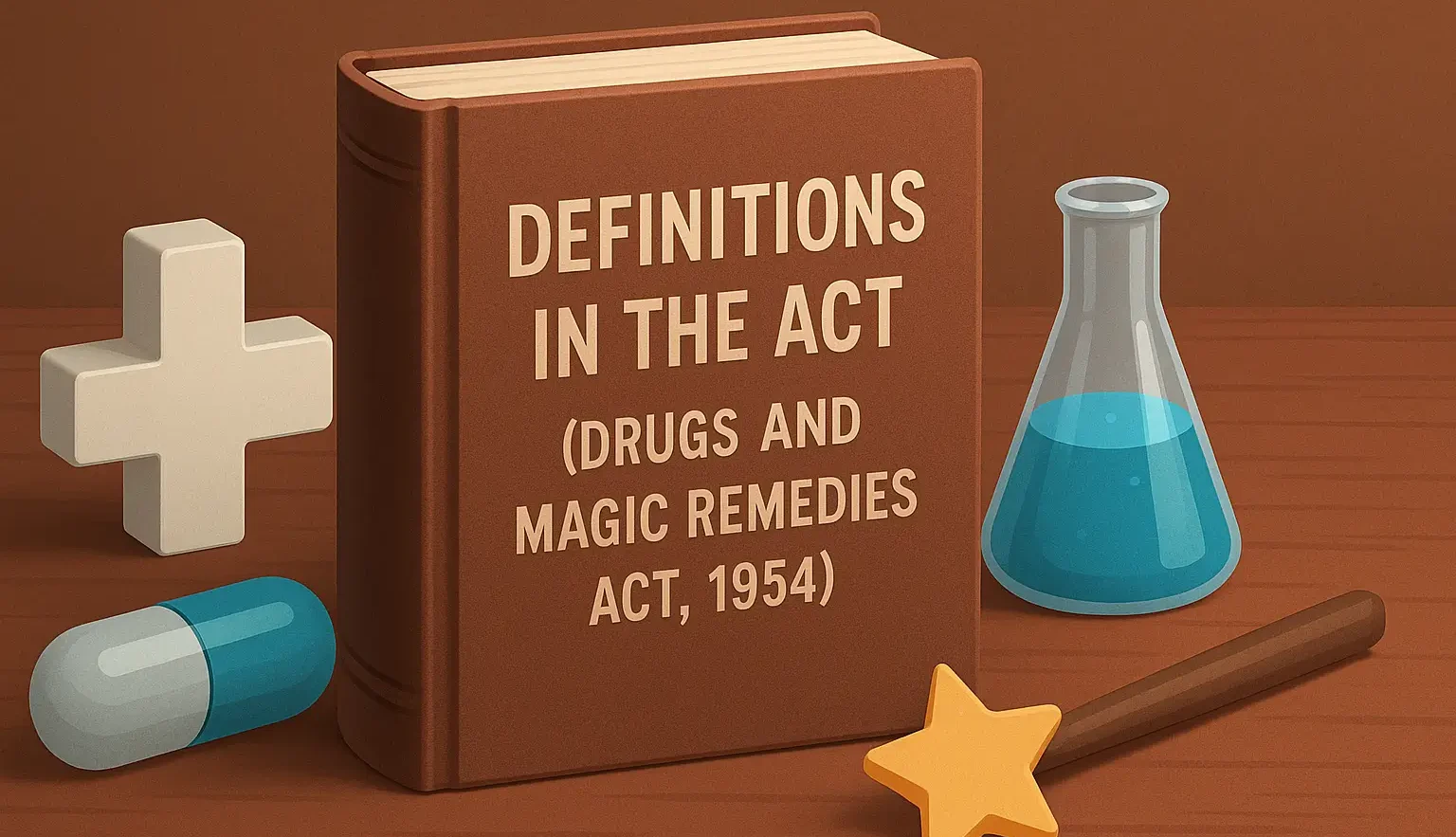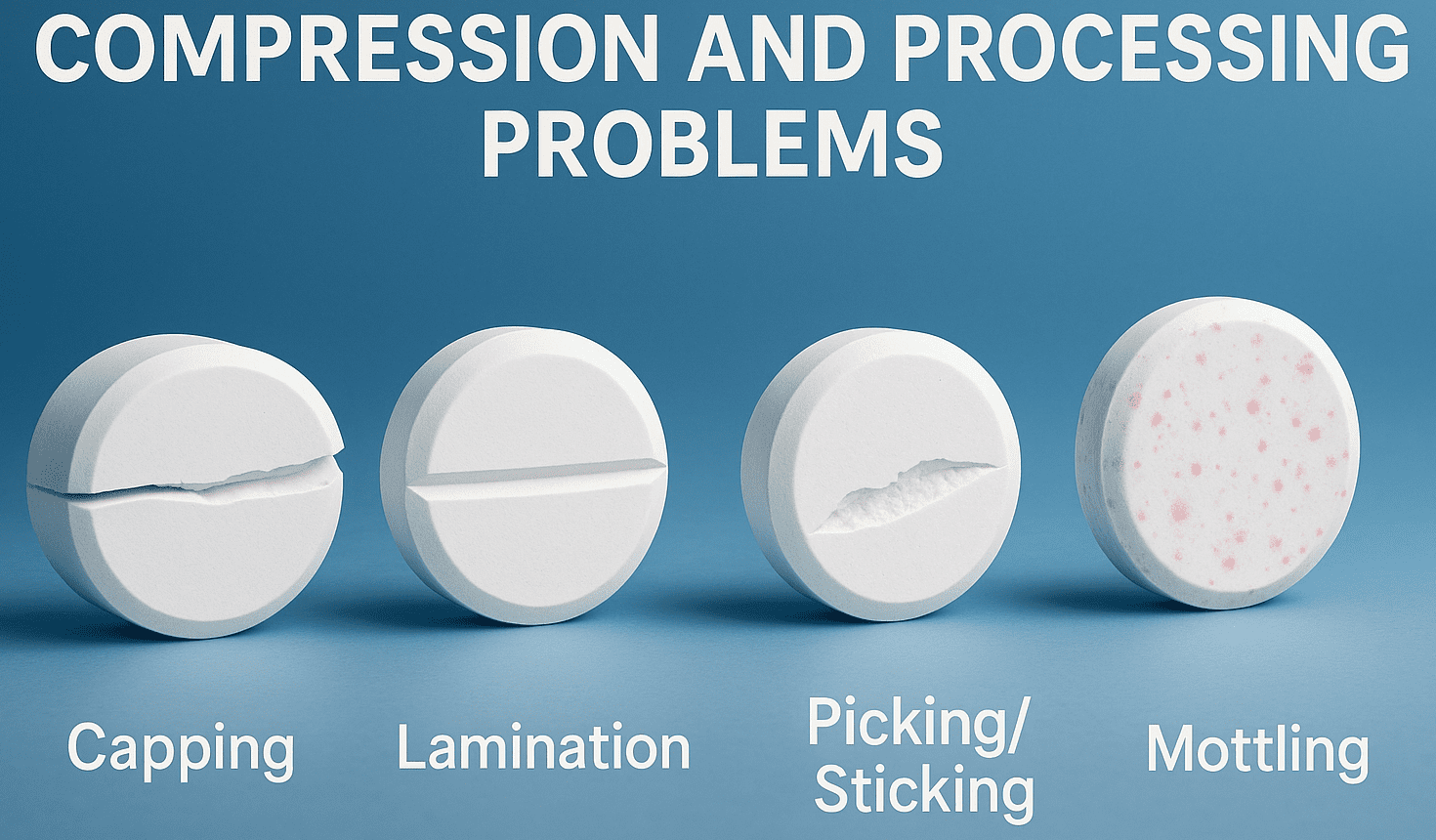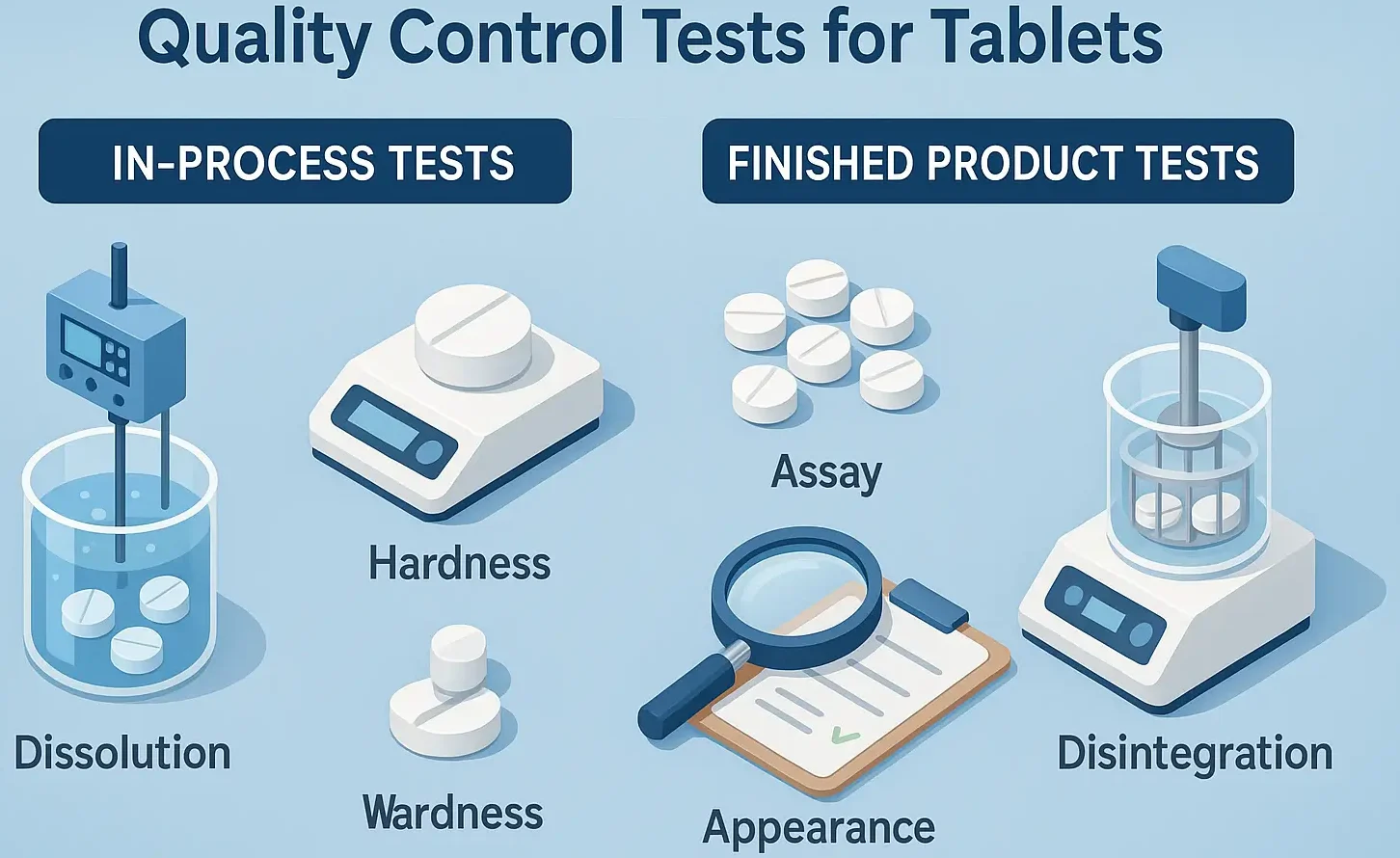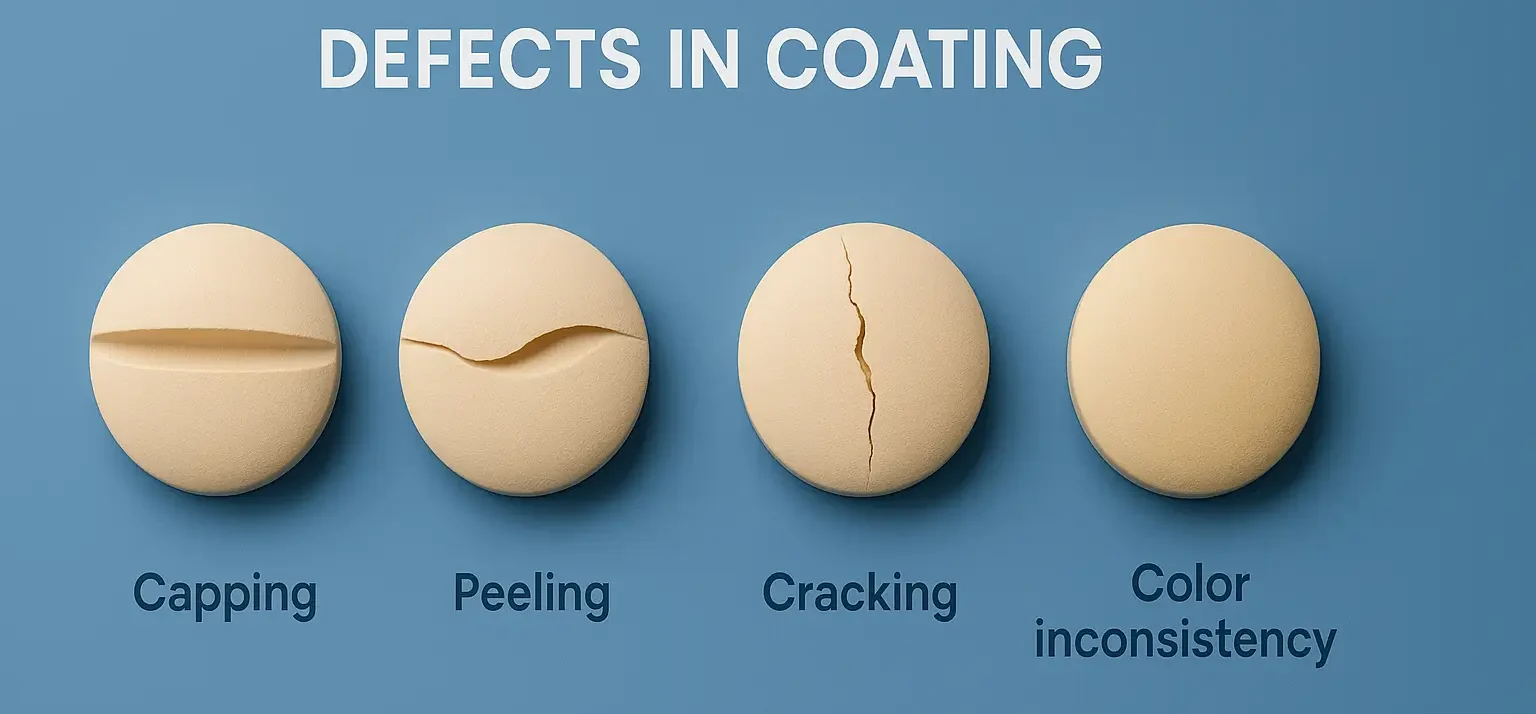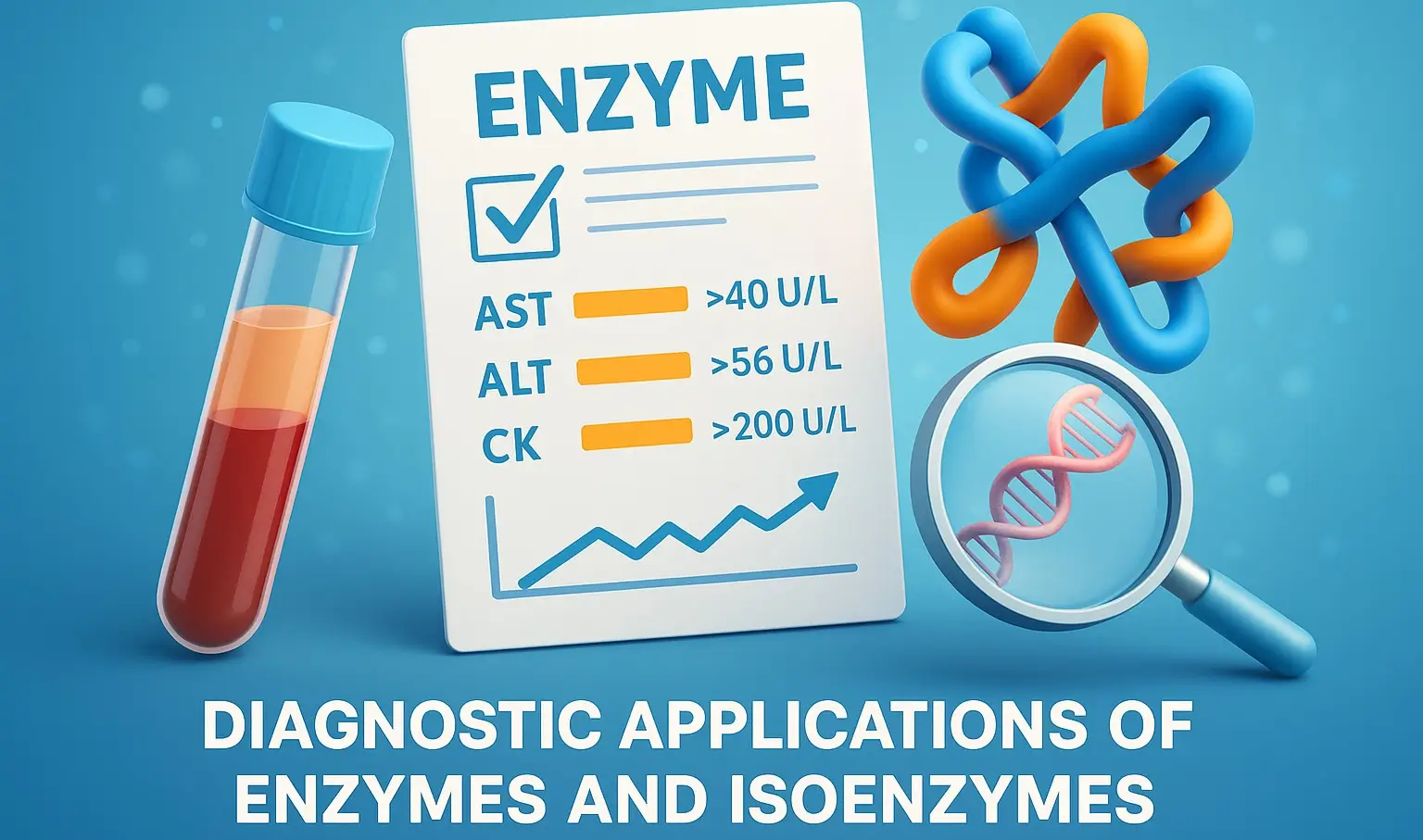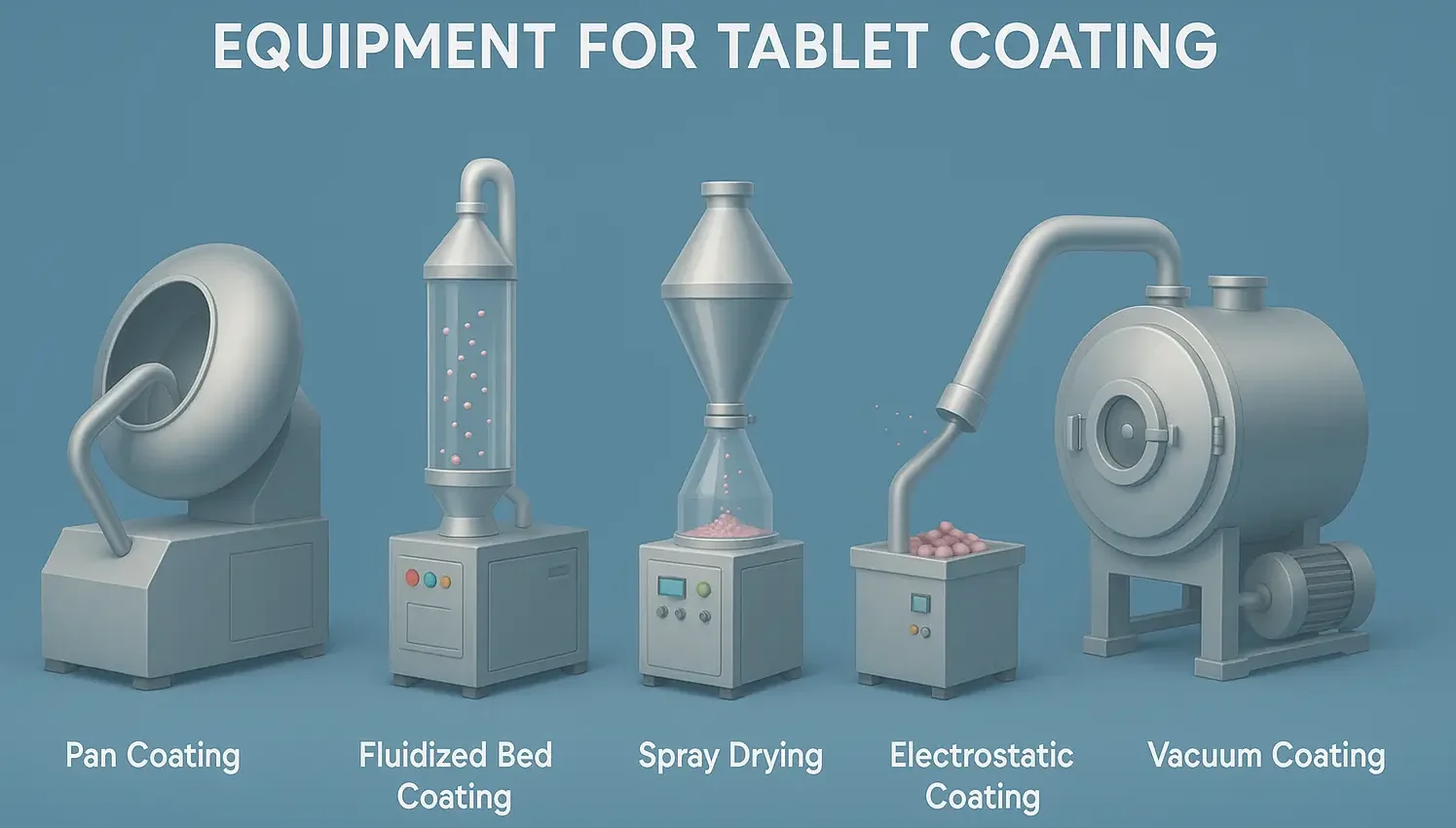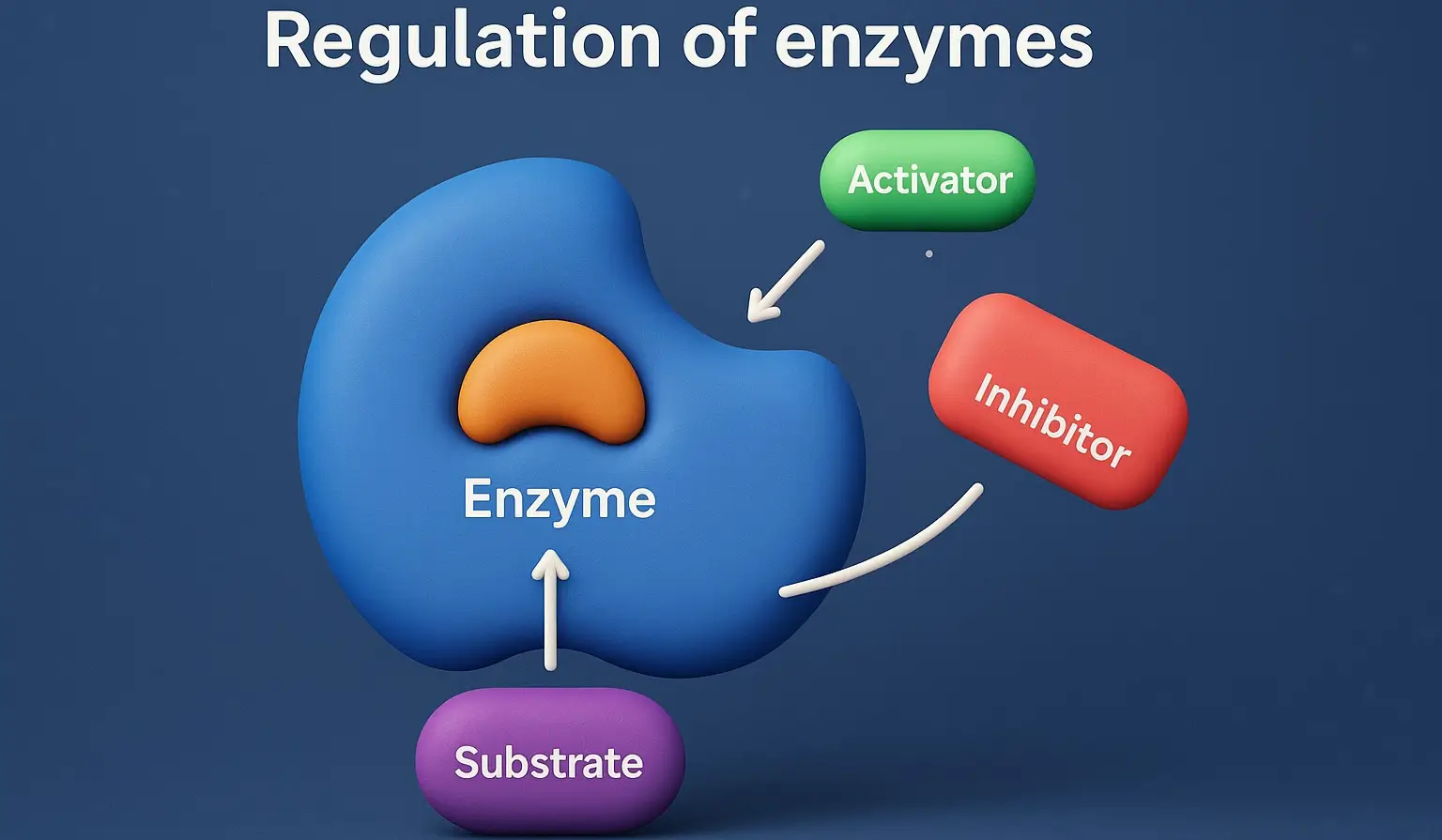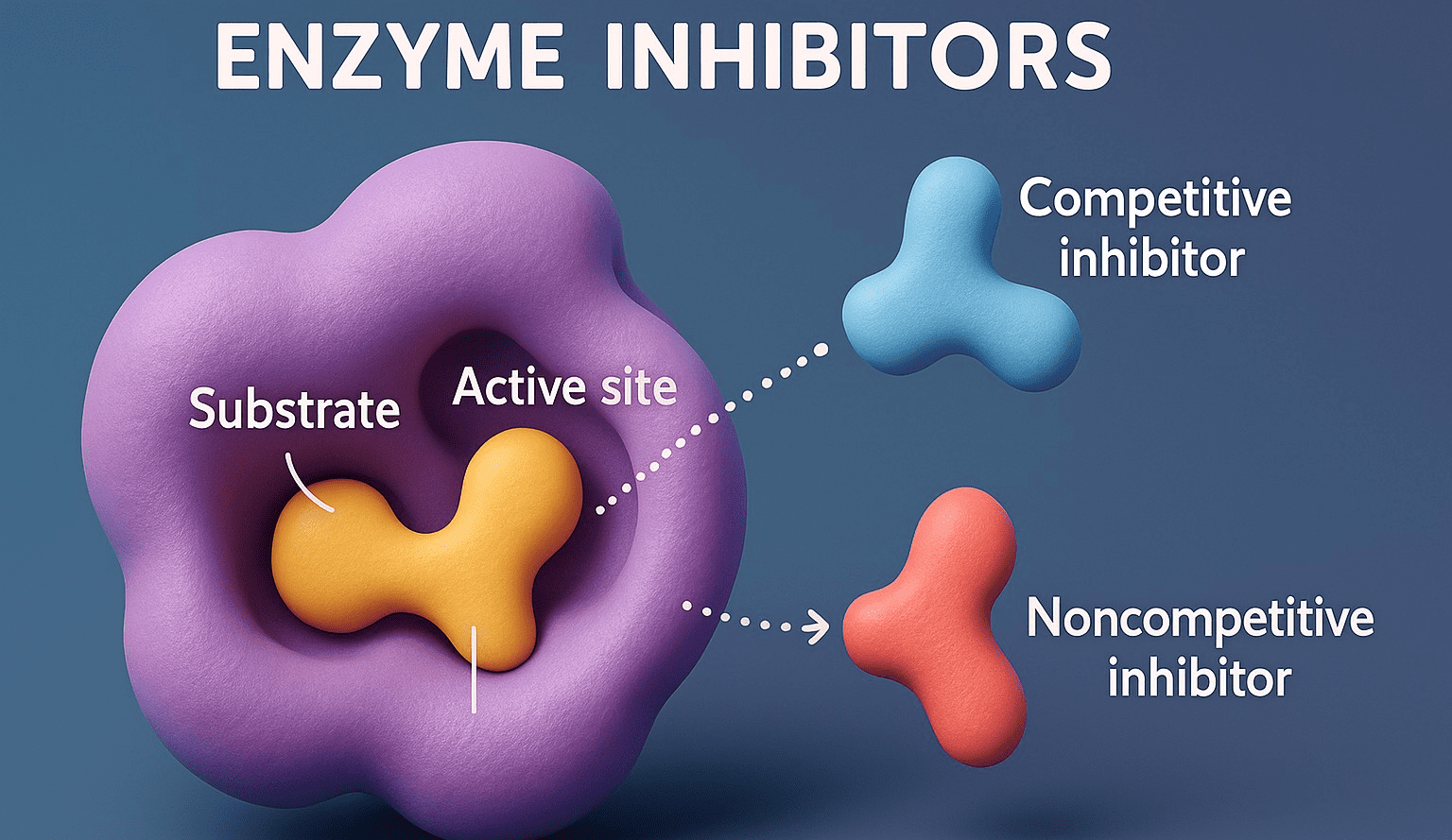Classes of Exempted Advertisements
Below we have described about the classes of exempted advertisements under the Drugs and Magic Remedies Act 1954 and know which drug ads are legally permitted. Exemptions (Section 14): While the Act prohibits most advertisements, some advertisements are exempted under specific conditions: Government-approved Advertisements: Advertisements published with prior approval from the Government or authorized medical … Read more


